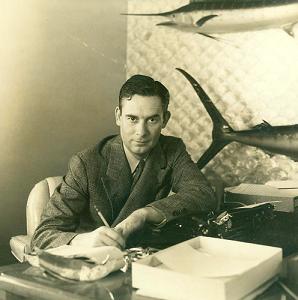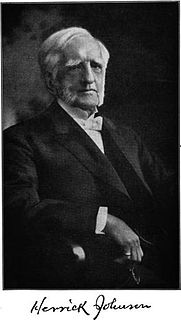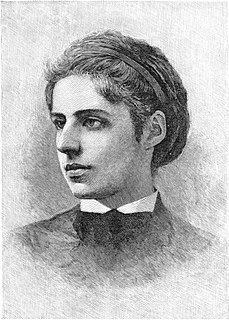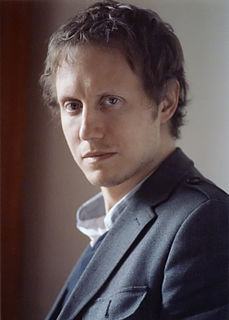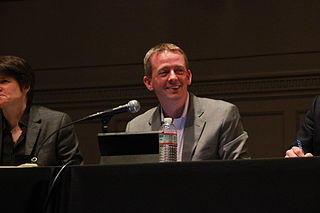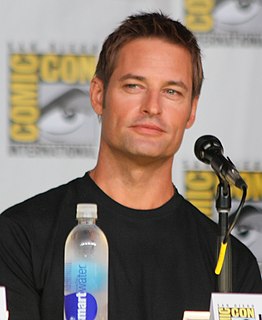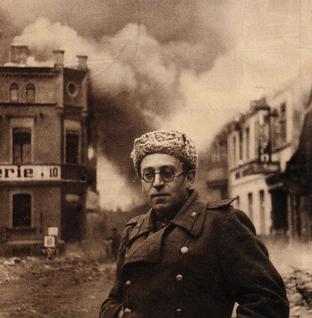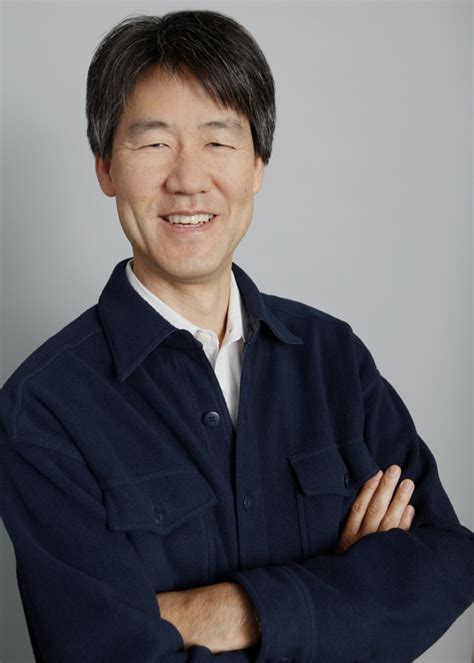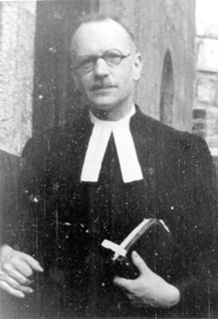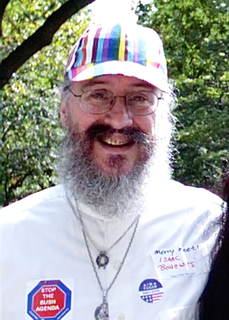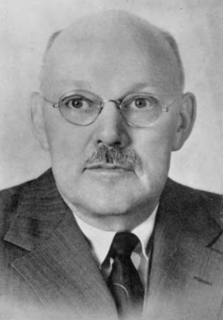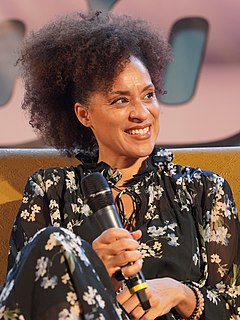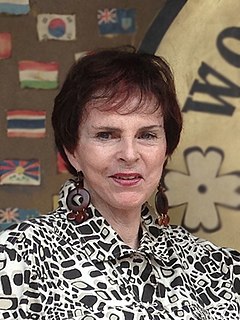Top 1200 Human History Quotes & Sayings - Page 3
Explore popular Human History quotes.
Last updated on April 20, 2025.
And this is why studying the history of psi is important. People have been reporting these phenomena for millennia and studying them for centuries. Human experiences that continue to be repeated throughout history and across cultures, are not due to ignorance or lack of critical thinking, and demand a serious explanation.
I don’t know much about history, and I wouldn’t give a nickel for all the history in the world. It means nothing to me. History is more or less bunk. It's tradition. We don't want tradition. We want to live in the present and the only history that is worth a tinker's damn is the history we make today.
Here is Christianity. Whence came it? It is a force in the world, a prodigious force. It has revolutionized society. It has lifted man out of himself. It has changed the face of the world. There it lies, imbedded in more than eighteen centuries of human history; and history of no mean sort, the best record of the race.
A leaderless but powerful network is working to bring about radical changes in the United States. Its members have broken with certain key elements of Western thought, and they may even have broken continuity with history... this benign conspiracy for new human agenda has triggered the most rapid cultural realignment in history.
When I went to high school - that's about as far as I got - reading my U.S. history textbook, well, I got the history of the ruling class. I got the history of the generals and the industrialists and the presidents that didn't get caught. How 'bout you? I got all of the history of the people who owned the wealth of the country, but none of the history of the people that created it.
Man makes history; woman is history. The reproduction of the species is feminine: it runs steadily and quietly through all species, animal or human, through all short-lived cultures. It is primary, unchanging, everlasting, maternal, plantlike, and cultureless. If we look back we find that it is synonymous with life itself.
[Theodore Roosevelt] was a naturalist on the broadest grounds, uniting much technical knowledge with knowledge of the daily lives and habits of all forms of wild life. He probably knew tenfold more natural history than all the presidents who had preceded him, and, I think one is safe in saying, more human history also.
If one is going to offer children stories that underneath the story must be something that will inform, stimulate and guide, I love to be on board. I think anything that resonates with history, as does The Jungle Book and Watership Down, reflects patterns of behavior, power struggles, deprivation, migration, survival, joy, love, betrayal, and all of these things. It's tragic that children are encouraged to ignore history. We ignore history and any literature that is historically based in history. Even though both of those films involved animals, of course they reflect human behavior.
The history of humanity is the history of human freedom...Freedom is not, as Engels thought, "the recognition of necessity." Freedom is the opposite of necessity. Freedom is necessity overcome. Progress is, in essence, the progress of human freedom. Yes, and after all, life itself is freedom. The evolution of life is the evolution of freedom.
The reason for teaching history is not that it changes society, but that it changes pupils; it changes what they see in the world, and how they see it.... To say someone has learnt history is to say something very wide ranging about the way in which he or she is likely to make sense of the world. History offers a way of seeing almost any substantive issue in human affairs, subject to certain procedures and standards, whatever feelings one may have.
Country' and 'city' are very powerful words, and this is not surprising when we remember how much they seem to stand for in the experience of human communities. In English, 'country' is both a nation and a part of a 'land'; 'the country' can be the whole society or its rural area. In the long history of human settlements, this connection between the land from which directly or indirectly we all get our living and the achievements of human society has been deeply known.
The progressive Left can be in favor of Big Government or population control but not both. The mutual incompatibility is about to plunge Europe into societal collapse. There is no precedent in human history for economic growth on declining human capital - and that's before anyone invented unsustainable welfare systems.
Widely dispersed knowledge concerning the important role of basic cooperative processes among living beings may lead to the acceptance of cooperation as a guiding principle both in social theory and as a basis for human behavior. Such a development when it occurs will alter the course of human history.
I think the arc of history is long, and it bends toward justice. And I think that's what the 'Star Wars' message is. You know, the dark side is in the human heart. And chaos is very troubling for an individual or for a culture, which can lead you to authoritarian leaders. But the arc of history is on the right side. I believe that.
It is already becoming clear that a chapter which had a Western beginning will have to have an Indian ending if it is not to end in self-destruction of the human race. At this supremely dangerous moment in human history , the only way of salvation is the ancient Hindu way. Here we have the attitude and spirit that can make it possible for the human race to grow together in to a single family.
History is a living horse laughing at a wooden horse. History is a wind blowing where it listeth. History is no sure thing to bet on. History is a box of tricks with a lost key. History is a labyrinth of doors with sliding panels, a book of ciphers with the code in a cave of the Saragossa sea. History says, if it pleases, Excuse me, I beg your pardon, it will never happen again if I can help it.
The history of religions reaches down and makes contact with that which is essentially human: the relation of man to the sacred. The history of religions can play an extremely important role in the crisis we are living through. The crises of modern man are to a large extent religious ones, insofar as they are an awakening of his awareness to an absence of meaning.
Cancer is not something confined to human beings. It's found in all multi cellular organisms where the adult cells proliferate, so it's widespread in the biosphere. It's a phenomenon that is deeply related to the history of life itself, so by studying cancer I think we can illuminate the history of life itself and vice versa.
War is a great destroyer. And human history has arrived at a pivotal moment. We can choose a path built on cooperation, where our caring and sharing side uplifts us, or we can continue to embrace a worldview where domination using violence imprisons us in cycles of killing and destruction. I'm a biologist, and war is not genetically fixed. War is a cultural invention. It's time to end this abomination, and this World Beyond War movement is uniquely focused on unifying the human community to create one of the biggest revolutions in history. I'm in. Join us!
History is but the record of the public and official acts of human beings. It is our object, therefore, to humanize our history and deal with people past and present; people who ate and possibly drank; people who were born, flourished and died; not grave tragedians, posing perpetually for their photographs.
We normally think of history as one catastrophe after another, war followed by war, outrage by outrage - almost as if history were nothing more than all the narratives of human pain, assembled in sequence. And surely this is, often enough, an adequate description. But history is also the narratives of grace, the recountings of those blessed and inexplicable moments when someone did something for someone else, saved a life, bestowed a gift, gave something beyond what was required by circumstance.


